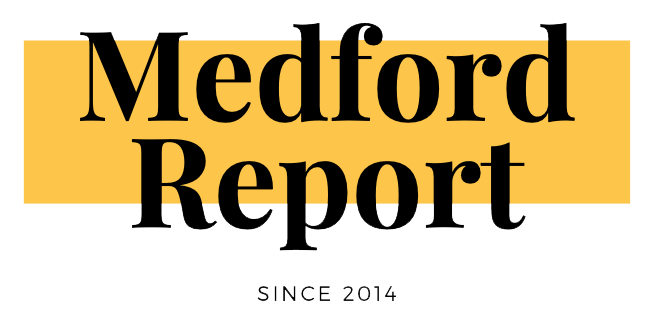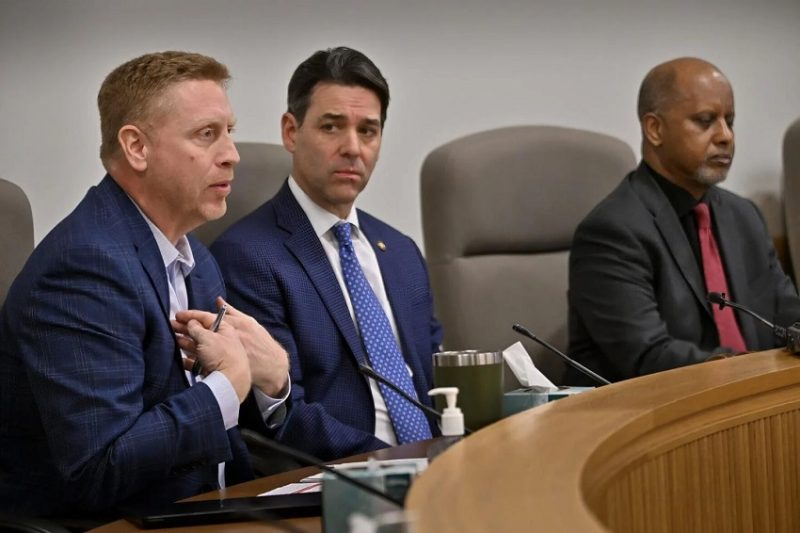Medford, OR – Oregon State Senator Daniel Bonham, the Republican leader of the Senate, faced backlash after sharing inaccurate claims about federal government spending in his official legislative newsletter. The claims, which were widely circulated on conservative social media, originated from a parody account on X, the social media platform founded by Elon Musk, but were presented by Bonham as though they were factual examples of government waste.
The newsletter, sent out on Monday night, was dedicated to “cutting through the rhetoric” surrounding President Donald Trump’s executive orders. Bonham criticized the “fear-mongering and misinformation” surrounding Trump’s spending cuts, highlighting what he described as “gross mismanagement” by the federal government.
In particular, Bonham pointed to supposed government expenditures such as over half a billion dollars spent on sushi, hundreds of thousands spent on coffee, and exorbitant costs for paper coffee cups. These examples, however, were part of a January 24 post from the parody account “Not Elon Musk,” which humorously claimed that the Pentagon spent $600 million annually on sushi and that the Air Force was spending $1,280 per paper coffee cup. The post was clearly marked as satire, but it was quickly shared by right-wing social media users without the disclaimer, gaining traction and eventually making its way into Bonham’s official communication.
When questioned about the source of the claims, Bonham admitted that he was unaware that the information originated from a parody account. He defended his choice to include the examples, stating that they were widely circulated on the internet and were not the primary focus of his message. “I’m not without fault, but I definitely didn’t pull it from a parody account,” Bonham said in an email response. “Those examples were all over the internet — shared widely.”
Despite Bonham’s defense, the claims were easily debunked. For example, while the Air Force did spend nearly $1,300 per piece on specialized reheatable coffee cups for airplane use in 2018, the cost was for high-tech, reusable cups designed for long flights and not for regular paper cups. Additionally, claims about excessive spending on coffee and K-Cups by the IRS during the pandemic have also been disproven.
Following inquiries from local media, Bonham issued a second newsletter on Wednesday, acknowledging the missteps and promising to use official government sources in the future. He committed to referencing sites like USASpending.gov, the Government Accountability Office, and Citizens Against Government Waste in his future analyses of federal spending. In this updated newsletter, Bonham provided specific examples of spending he considered wasteful, such as money for trans healthcare in Guatemala and questionable payments from the U.S. Agency for International Development.
Bonham expressed confidence that the public’s growing skepticism of certain claims about government spending would ultimately lead to greater scrutiny and accountability. “The more I research, the worse it gets,” he wrote. “On a positive note, while people are questioning sources of certain waste examples, more attention is brought to this glaring issue — and our nation will be better for it.”
The incident raises questions about the rapid spread of misinformation and the importance of verifying sources before sharing claims, especially in official communication. It also underscores the need for public officials to be vigilant about the information they share with their constituents, particularly when discussing sensitive topics like government spending.
Bonham’s mistake may be a cautionary tale for other lawmakers and public figures who rely on social media for information, reminding them of the risks posed by unverified and misleading content in the digital age.

